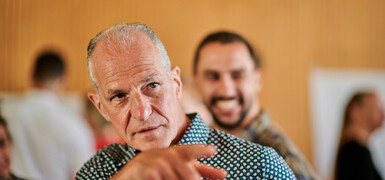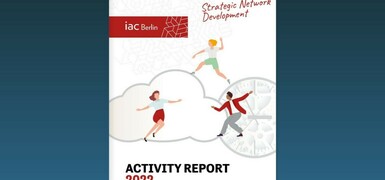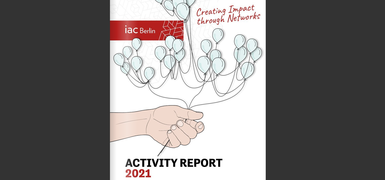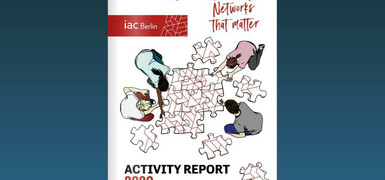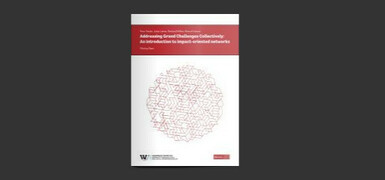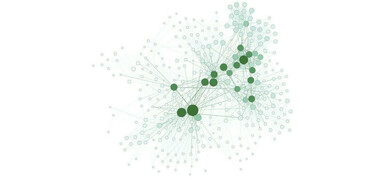
Measure the success of impact-oriented networks
Academic evaluation of the Bosch Alumni Network

Three years after the launch of the Bosch Alumni Network, we initiated a substantive evaluation in cooperation with the Vienna University of Economics and Business. The aim was to create an academic assessment of the network's structure, potential and impact.
Central questions that guided the research included:
- What can be key metrics to map an impact-oriented network?
- What factors on the member, network and architectural level leverage impact?
- Can we improve the evaluation of impact-oriented networks by using a circular approach?
Some highlight outcomes for the Bosch Alumni Network were:
- Overall, alumni voluntarily invest 5,920 hours per month to network activities, which accounts to around 37 full time positions.
- 65% of participants specified that their membership has assisted them or their organization in building credibility towards others.
- Almost half of the interviewed employees of the Robert Bosch Stiftung reported that they had received support from the network in building a new project, venture or idea.
Peter Vandor, Lukas Leitner and Reinhard Millner of the Social Entrepreneurship Center compiled the extensive report based on an online survey completed by 634 of our members, 13 background interviews, 22 member interviews, participatory observation, as well as the systematic review of organizational documents and scientific literature.
It provides an in-depth look inside the network, exploring the perspective of the community and converting the results in tangible numbers. Their findings are remarkable and highlight the role of the Bosch Alumni Network as an “active memory” and “idea laboratory”.
Download the complete report “Impact-oriented networks in the context of philanthropy: An evaluation of the Bosch Alumni Network” here:
